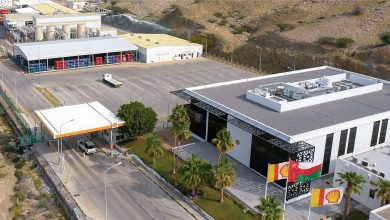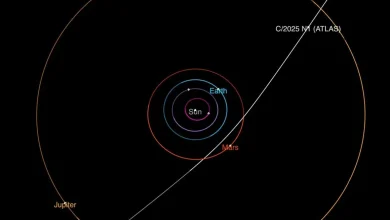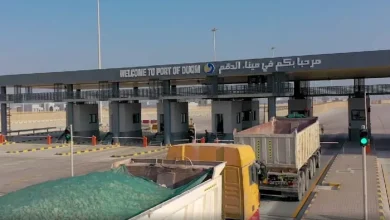Middle East Markets on a Knife’s Edge: Gaza Talks and Oil Decisions to Dictate Sunday’s Open

DUBAI – Investors across the Middle East are bracing for a volatile trading week as a complex mix of diplomatic hope, geopolitical friction, and key oil market decisions sets a tense stage for Sunday’s market open. While last week saw some regional bourses, like the UAE’s, buoyed by signs of easing tensions, a fresh wave of conflicting signals promises to test market sentiment.
The primary focus for traders will be the delicate diplomatic dance surrounding Gaza. Hopes for a breakthrough were stoked by reports of Israel sending a delegation to Qatar for ceasefire talks and a statement from former U.S. President Donald Trump suggesting a deal could be reached “next week.” Saudi Arabia has also publicly stated that achieving a permanent ceasefire is its “current priority,” adding significant diplomatic weight to the efforts.
However, these positive developments are tempered by significant headwinds. Israeli officials have reportedly labeled Hamas’s demands as “unacceptable,” creating a major obstacle to any immediate agreement. Simultaneously, tensions with Iran remain a critical undercurrent. Iranian Supreme Leader Ali Khamenei’s first public appearance since the war with Israel, coupled with Trump’s assertion that Iran has not agreed to nuclear inspections, serves as a stark reminder of the region’s deep-seated rivalries. A meeting between the Saudi defense minister and Trump to discuss de-escalation with Iran further highlights that this remains a key pressure point for the region’s largest economy.
Away from the geopolitical arena, the energy sector presents a more straightforward, yet potentially bearish, signal for Gulf markets. Oil prices softened ahead of an OPEC+ decision, with sources confirming the bloc has agreed to raise output by 548,000 barrels per day (bpd) in August. This planned increase in supply could put further pressure on crude prices, directly impacting the revenue outlook for oil-exporting nations.
On the corporate front, market-moving news is expected from Saudi Arabia. Sources indicate that oil giant Saudi Aramco is considering a sale of its power assets to raise billions, a move that could unlock significant value and attract investor interest.
The global economic backdrop offers little comfort, with international stocks and the U.S. dollar dipping as a trade deal deadline approaches. Meanwhile, gold, a traditional safe-haven asset, is poised for a weekly gain, indicating that global investors are still hedging against uncertainty.
As markets prepare to open, traders will be weighing the optimism from potential de-escalation in Gaza and diplomatic overtures—such as the UK resetting ties with Syria and the resumption of international flights to Tehran—against the concrete economic impact of rising oil supply and persistent Iranian tensions. The direction of Sunday’s trading will reveal whether hope or caution is the prevailing sentiment in the Middle East.





